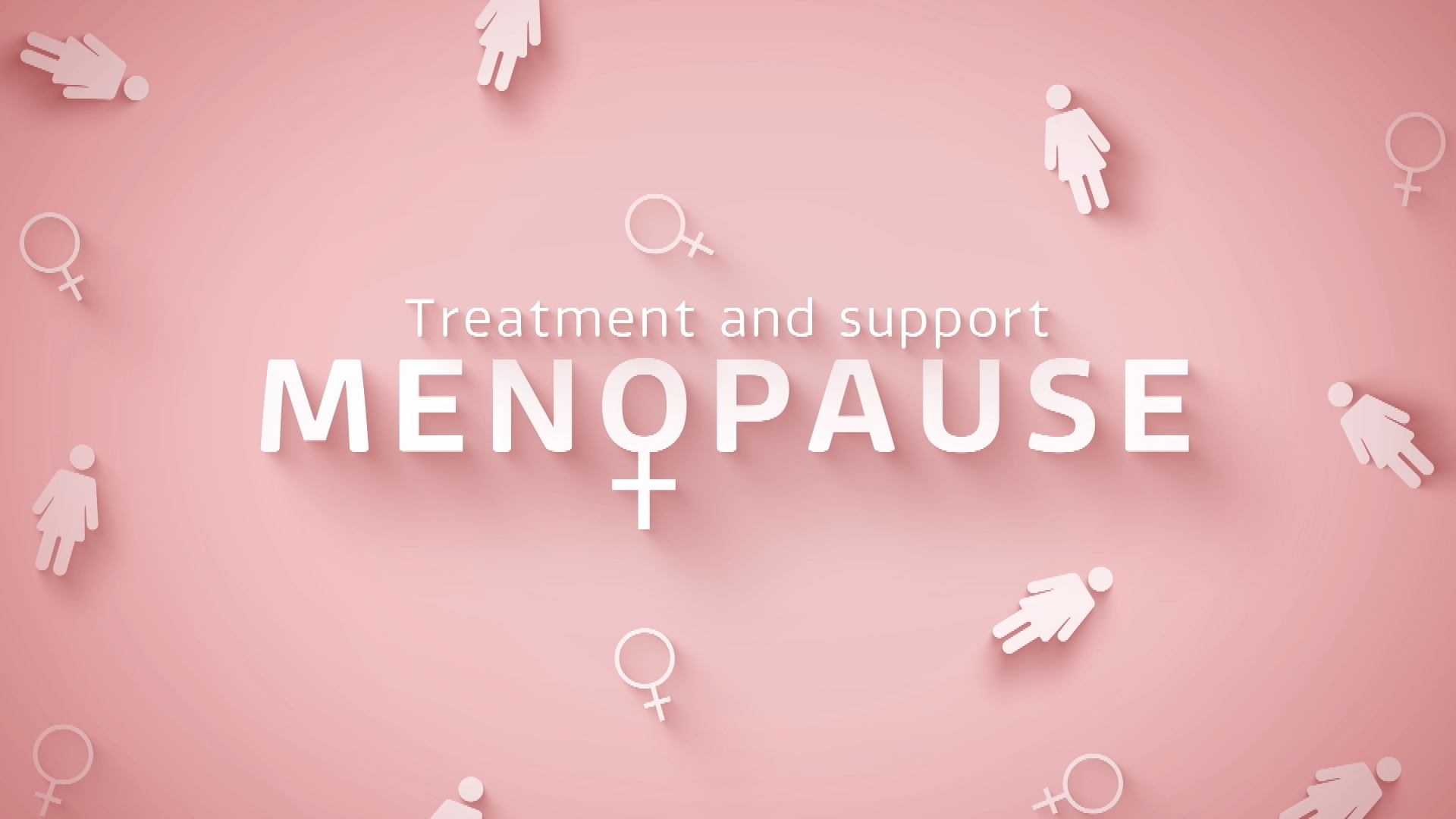What exactly is menopause? Menopause occurs when a woman has not had her period in 12 months and is unable to conceive naturally. This often begins between the ages of 45 and 55, but it can begin earlier or later.
Menopause can cause unpleasant symptoms such as hot flashes and weight gain. The majority of women do not require medical treatment throughout menopause.
Symptoms
The following are the most prevalent menopausal symptoms:
menstruation is less frequent
Hot flashes, nocturnal sweats, and flushing are common vasomotor symptoms that occur when your menstrual cycle is heavier or lighter than usual.
Dryness of the vaginal canal
Overweight \sInsomnia
Osteoporosis
Depression mental anguish
Fatigue
Lower child conception rate
Changes in emotions, similar to pregnancy
The following are some of the less prevalent menopausal symptoms:
Memory issues and inability to concentrate
Sex drive or low libido
Skin, lips, and eyes that are dry
Urination became more frequent.
Breasts that are painful or sensitive
headache
Infections of the urinary tract
Muscle mass should be reduced.
Joint discomfort or stiffness
Breasts are not as full.
a reduction in bone mass
Hair thinning or loss
Causes
Girls after puberty bear eggs, which are found in the ovaries. The ovaries also produce the hormones oestrogen and progesterone, which regulate the menstrual cycle (the female cycle) and egg production (ovulation). Menopause happens when the ovaries fail to transfer an egg each month and the female cycle comes to an end.
When menopause comes after the age of 40, it is a natural aspect of development. Some women, however, may experience menopause at a young age. It could be highly beneficial to have an effect following a medical operation, such as if the ovaries were removed during a hysterectomy, or damage to the ovaries, such as through chemotherapy. It is referred to as premature menopause if it occurs before the age of 40 and under what circumstances.
Some Home Remedies for Menopause Issues
There are numerous natural ways to lessen the adverse symptoms of menopause, including home remedies, lifestyle changes, and pharmaceuticals.
Some studies have suggested that soy products can help with hot flashes, but experts are still looking into this (Source).
Wear loose, layered clothing, especially in the evening and in hot or windy weather, to stay cool and comfortable. This can assist you in controlling hot flashes.
Discuss any emotions of depression, stress, difficulty, confinement, difficulty sleeping, or personality changes with a counsellor or doctor.
Take calcium, vitamin D, and magnesium supplements to help lower the risk of osteoporosis and preserve energy for a productive day. Consult your doctor about supplements that can help you fulfil your specific health needs.
To maintain body weight, use a variety of workouts and food strategies.
Yoga, basic exercises, and acupressure are safer approaches to check menopausal symptoms (Source).
Early Menopause Caused by Diseases
Premature menopause can be caused by genetic flaws, immune framework disorders, or mechanisms. Among the different causes are:
Premature ovarian failure: When the ovaries cease producing eggs for unknown causes, oestrogen and progesterone levels decrease. Premature ovarian failure happens when this occurs before the age of 40. Premature ovarian failure, unlike early menopause, usually does not endure long.
Menopause is induced when a primary care physician removes the ovaries for clinical reasons such as uterine illness or endometriosis. It can also happen if the ovaries are damaged by radiation or chemotherapy.
Menopause-Related Health Risks
Although menopause is a natural event rather than a sickness, this natural health condition may increase the risk of the following diseases:
Cardiovascular infection: According to the American Heart Association (AHA), while menopausal oestrogen deficiency may raise the risk of cardiovascular disease, hormone therapy will not diminish this risk.
Risks of malignant growth: Some types of breast illness are unavoidable after menopause. Menopause does not cause breast cancer, although hormonal changes appear to increase the risk.
Osteoporosis: A long-term condition characterised by a decline in bone strength and thickness. To maintain bone strength, a specialist may recommend taking a D-nutrient supplement and consuming more calcium-rich foods.
Menopause Treatments/Medications
If your symptoms are severe or affecting your satisfaction, you may require therapy. Hormone therapy may be a beneficial treatment for women under the age of 60, or within 10 years of menopause, to decrease or implement:
Menopause symptoms such as vaginal dryness and hair thinning and loss can be treated with a variety of drugs.
Other drugs that are occasionally used to treat menopausal symptoms include:
Minoxidil topical 5%, applied once daily for hair loss and therapy, as well as anti-dandruff shampoo
Skin Cream with Eflornithine Hydrochloride for Unwanted Hair Growth
Selective serotonin reuptake inhibitors (SSRIs), often paroxetine 7.5 mg, are used to treat hot flashes, tension, and anxiety.
Non-hormonal vaginal lubricants and lotions
ospemifene is used to treat vaginal dryness and uncomfortable intercourse.
Antimicrobials used to prevent recurrent urinary tract infections
Sleep medicines for sleep apnea
For postmenstrual osteoporosis, consider denosumab, triparatide, raloxifene, or calcitonin.
Post Disclaimer
Please understand that any advice or guidelines revealed here are not even remotely a substitute for sound medical advice from a licensed healthcare provider. Make sure to consult with a professional physician before making any purchasing decision if you use medications or have concerns following the review details shared above. Individual results may vary as the statements made regarding these products have not been evaluated by the Food and Drug Administration. The efficacy of these products has not been confirmed by FDA-approved research. These products are not intended to diagnose, treat, cure or prevent any disease.
